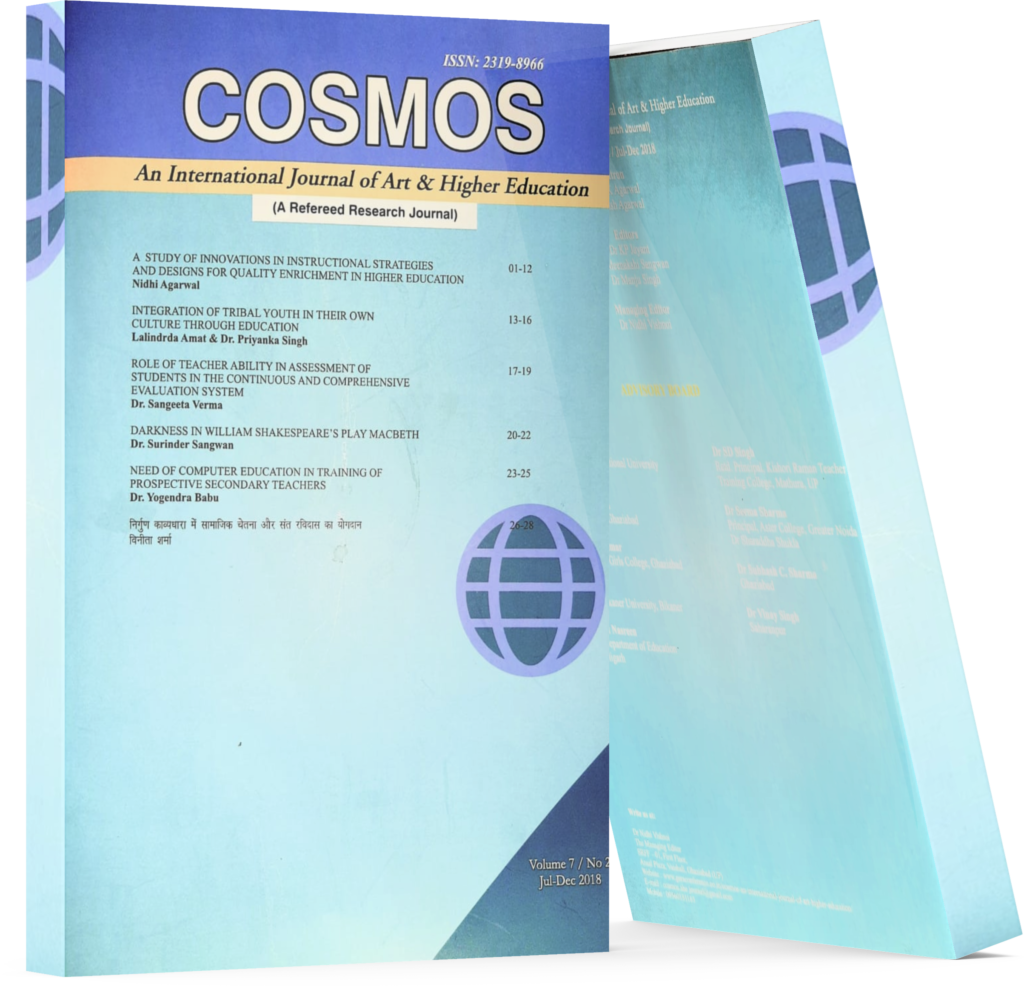Effectiveness Of Online Platforms In The Education And Training Of The Tourism Students
Keywords:
Online Platforms, Education, Training, Tourism Students, EffectivenessAbstract
As the world began experiencing the unforeseen pandemic, malls, resorts, amusement parks and other establishments, and school’s shutdown. With this sudden event, educational institutions all over the world are turning into online learning to continue the practice of educating students as we never know when will this pandemic ends. However, some college students whose course is skill-based, they kind it disagreeable when it comes to training. As online learning began since last year, virtual training also arises. Students are not allowed to do the actual training or the on-the-job training ever since the pandemic. This study sought to provide proper analysis of the effectiveness of online platform being on-use in the education and training of the tourism students. The respondents of this study were 3rd year and 4th year tourism students in different state colleges and universities in Malolos, Bulacan. The research methodology was based on primary data by using questionnaire through Google Forms. The results show that tourism students adopt the new learning system in terms of performance, engagement and strategies. The only variable that affects them is the concentration and the quality of teaching.
Downloads
References
Balan, A., Montemayor, T. and Dalisay, J., (2021). “The Influence of Online Learning towards the Attention Span and Motivation of College Students.”
Barrot, J., Llenares, I. and del Rosario, L., (2021). “Students’ online learning challenges during the pandemic and how they cope with them: The case of the Philippines”. Education and Information Technologies, 26.
Chowdhary, N.R., Seraphin, H. & Tiwari, P., (2020). “Impacts of COVID-19 on tourism education: analysis and perspectives”. Journal of Teaching in Travel & Tourism. Retrieved from https://www.tandfonline.com/doi/full/ 10.1080/15313220.2020.1850392
Gopal, R., Singh, V. & Aggarwal, A., (2021). “Impact of online classes on the satisfaction and performance of students during the pandemic period of COVID 19”. Education and Information Technologies, Vol 26.
Nworie, J., (2021). “Beyond COVID-19: What’s Next for Online Teaching and Learning in Higher Education?”. Retrieved from EDUCAUSE: https://er.educause.edu/ articles/2021/5/beyond- covid-19-whats-next
for-online-teaching-and-learning-in-higher education.
Nyarko, E. A., Twoli, N. and Khatete, D., (2017). “Learner Demographic, Resource Characteristics, and Responsiveness to eLearning”. International Journal of Education and Research.
Pham, L., Limbu, Y., Bui, T., Nguyen, H. & Pham, H., (2019). “Does e-learning service quality influence e-learning student satisfaction and loyalty?”, Evidence from Vietnam. International Journal of Educational Technology in Higher Education.
Picciano, A.G., (2017). “Theories and Frameworks for Online Education: Seeking an Integrated Model”. Online Learning, 21(3), 166-190.
Reporters, U.Y., (2020). “Learning Online: Problems and Solutions”. Retrieved from UNICEF: https://www.unicef.org/northm acedonia/stories/learning-online-problems and-solutions.

